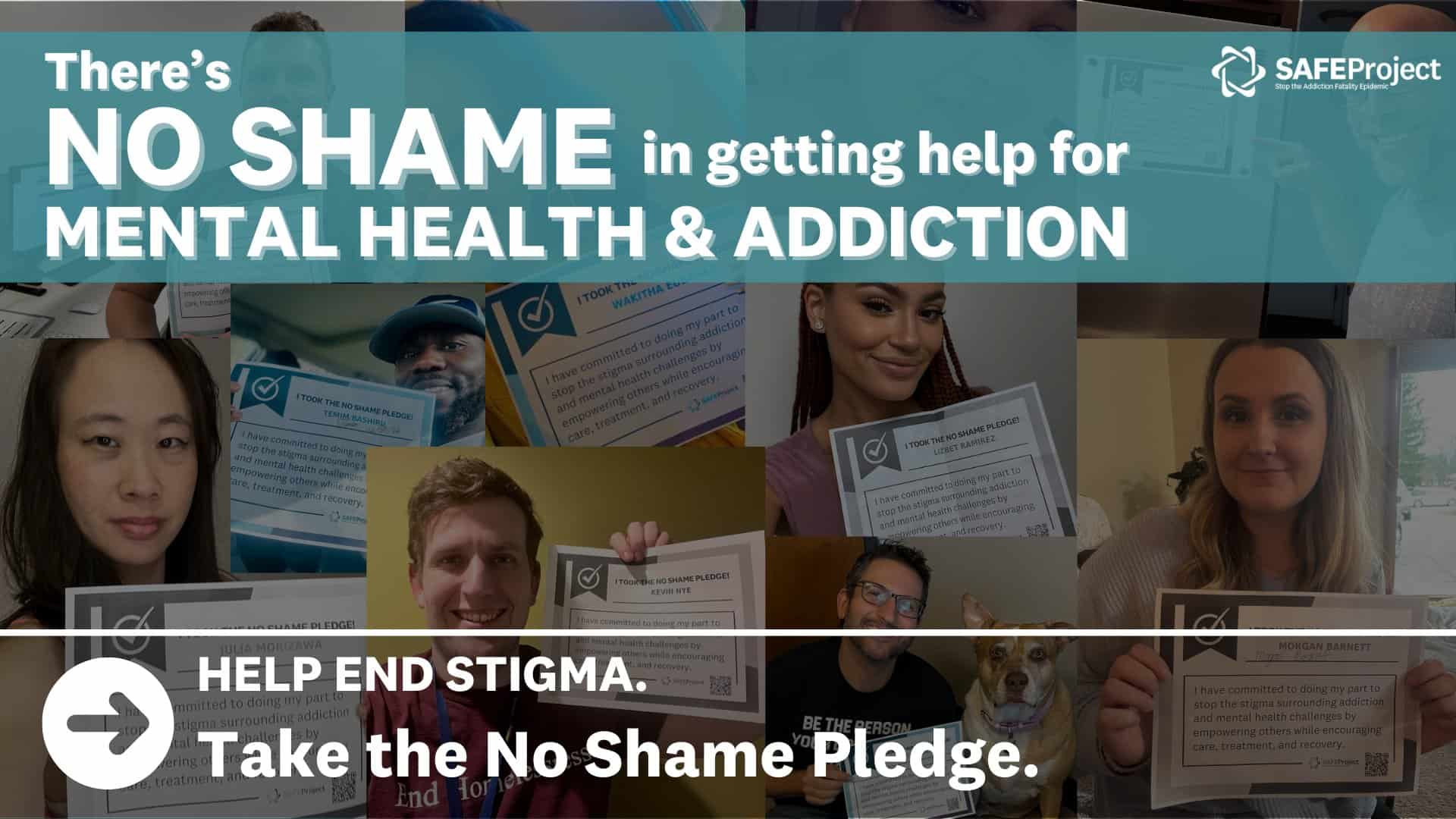“JUST THE FACTS” is a series focused on substance use and mental health written especially for young adults and their parents. It’s easy to understand and judgment-free, giving young adults just the facts they need to help them make informed choices.
So maybe this isn’t about you.
You may have someone in your life – a parent or a family member who drinks too much, but you don’t really know what “too much” is, or maybe you have friend who started taking pills from their parents medicine cabinet. Or maybe someone in your life is just acting a little ‘off’ and you aren’t sure how to handle it.
First, you aren’t alone.
If it’s one of your parents or a family member, it’s especially rough. You worry about them all the time. You feel like you’ve taken on the role of caretaker for other siblings, you’re dealing with the adult tasks of daily life, or are just being ignored. You may feel guilty for judging or hating them. And that is completely understandable to anyone who’s been through this.
If it’s a friend, this just sucks. You don’t want to get them in trouble. At the same time, it’s frustrating, confusing, and a little depressing to deal with this. You may have tried to talk to them about it, but they shut you down.
Addiction is a brain disease.
Understand that addiction is a brain disease. Just like you wouldn’t expect someone with cancer or diabetes to heal themself, your friend or family member will need help to heal: a therapist, a healthcare provider, and other supports.
But what should you be looking for? How do you know? There are often clues, or signs, that indicate that maybe this friend or family member does need help. There can be changes in behavior, physical changes, or even things that you can’t quite articulate, but things just don’t seem right.

What you can look for:
Behavior Clues:
- Sudden changes in behavior or mood swings
- Withdrawal from family members and friends
- A change in personal grooming or self-care
- Ignores or doesn’t manage responsibilities at home, work, school, or other activities
- Secrecy or lying
- Loss of interest in hobbies or activities, or lack of motivation
- Mood changes, depression, or frequent confusion
- Lack of awareness or inattention to surrounding people and things
Physical clues:
- Reduced sense of pain
- Agitation, drowsiness
- Red, glassy or bloodshot eyes, or pupils smaller or larger than normal
- Frequent nosebleeds, runny nose or nose sores
- Shakes, tremors
- Incoherent or slurred speech
- Impaired or unstable coordination
- Sudden weight loss or weight gain
- Frequent, or severe, constipation
- Needle marks
Other clues:
- Stuff is missing, such as money, electronics, valuables or prescription drugs
- Spoons and syringes
- Pipes, plastic bottles, or cans that have been pierced or tampered with
- Burnt foil
- Some of the above objects may show up in their social media posts, but they explain it away each time

Now What?
It’s hard for people to admit they have a problem.
Substance Abuse and Mental Health Services Administration (SAMHSA) has a national helpline. It’s free and confidential. They can help find treatment centers, provide resources for individuals and families facing mental and/or substance use disorders.
All you have to do is call 1-800-662-HELP (4357).
Want to Help a Friend with Addiction?
With a friend, you might want to just talk to them — even if they’ve shut you down before. If they are drinking or using when you try to talk to them, it’s probably not the time to have that talk. It’s also important to not confront the person if safety is a concern. You can also text or message a friend to let them know you are there to support them, and encourage them to seek help from a trusted adult—perhaps a teacher, coach, parent, or counselor. You may also want to reach out to an adult for help. It’s not always the “cool” option but it just might save your friend’s life.
Do You Have a Family Member with an Addiction?
If you’re possibly dealing with a parent or family member’s substance use, it may be even more difficult. At any age, it’s a really hard way to live. If there is another adult family member or family friend, share your observations with them — and talk about how they see the situation. If they agree with you, then you can figure out where to go for more help or decide who will talk to the person struggling. If neither of you feel able to handle it, it may be time for you to get more support and help.
Getting Help for You:
Many of us have been down this road and we’re here to support you. Whether you reach out to a trusted friend, another family member, clergy, a counselor, or a support group, you need to have a safe, judgment-free zone. You can say whatever you need to, ask the questions that feel like they have no answers, and just get the support you need.
Support groups like Al-Anon or Alateen offers meetings and a way to connect with others who have been through it. Check their website for meetings near you or call their toll free number: 1-800-344-2666.
There are always options. You just need to find the path that works best for your situation. Don’t be afraid to ask for help.

